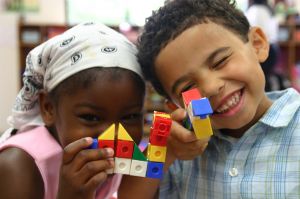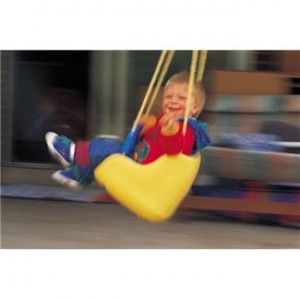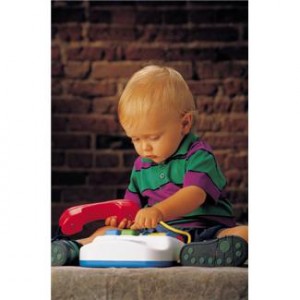Kindergarten readiness is influenced by more than children’s IQ or intelligence. Children’s ability to take mental and learning risks is also a factor. For example, a very smart child who is reluctant to try will have a struggle to cope. Children who take longer to learn but tackle an activity eagerly feel more comfortable. Even very young children can be hesitant to try something and fail. Only doing something if it can be done just right can be a big roadblock for some kids.
How can parents encourage kids to take risks when it comes to learning? Especially parents who may not have lots of confidence themselves?
To begin, kids and grownups need to accept that it is OKAY to get it wrong, to fail. Doing something wrong is critically important to learning. After taking the door knob off the bathroom door so I could repaint it, I learned that it’s not a good idea to then shut the door to paint behind it. Unless, you really want to be stuck in the bathroom. (Fortunately, the lever on the nail clippers was the right size to turn a square hole in the mechanism.) Just recently, I watched a quick video on a simple way to peel a hard boiled egg. Looked so easy I had to try. I’m not sure what I did wrong but the egg wasn’t completely hard. Peeled a bit on both ends, held the egg and blew. The egg came out all right, with yolk under pressure spattering the counter, me, the sink, even the window. I will admit to being a bit reluctant to try again, but one day I will–outside!
Even though it is blatantly wrong, make outrageous guesses and wild suggestions. Before turning a rock over to see what’s hiding underneath, tell your child maybe there’s a dinosaur there, or a tree that will pop up like a balloon. Talk about why or why not. Then turn it over. You may even want to pout and cry until you tell yourself “It’s alright to be wrong.” That pun was definitely intended!
I know Yoda said, “Do or not do. There is no try,” but I want to amend that. When it comes to learning, the best angle is the TRY-angle. Speaking of Yoda, a young mother shared that one night she told her daughter she was going to Yoga. The daughter asked, “Will you see Darth Vader?” This little one may or may not have known that what she heard was a little different, but Yoga is close to Yoda. She made her best guess about what she heard. She tried. How is it for you and your child? Is it okay to try? Is it all right to be wrong?
know Yoda said, “Do or not do. There is no try,” but I want to amend that. When it comes to learning, the best angle is the TRY-angle. Speaking of Yoda, a young mother shared that one night she told her daughter she was going to Yoga. The daughter asked, “Will you see Darth Vader?” This little one may or may not have known that what she heard was a little different, but Yoga is close to Yoda. She made her best guess about what she heard. She tried. How is it for you and your child? Is it okay to try? Is it all right to be wrong?


